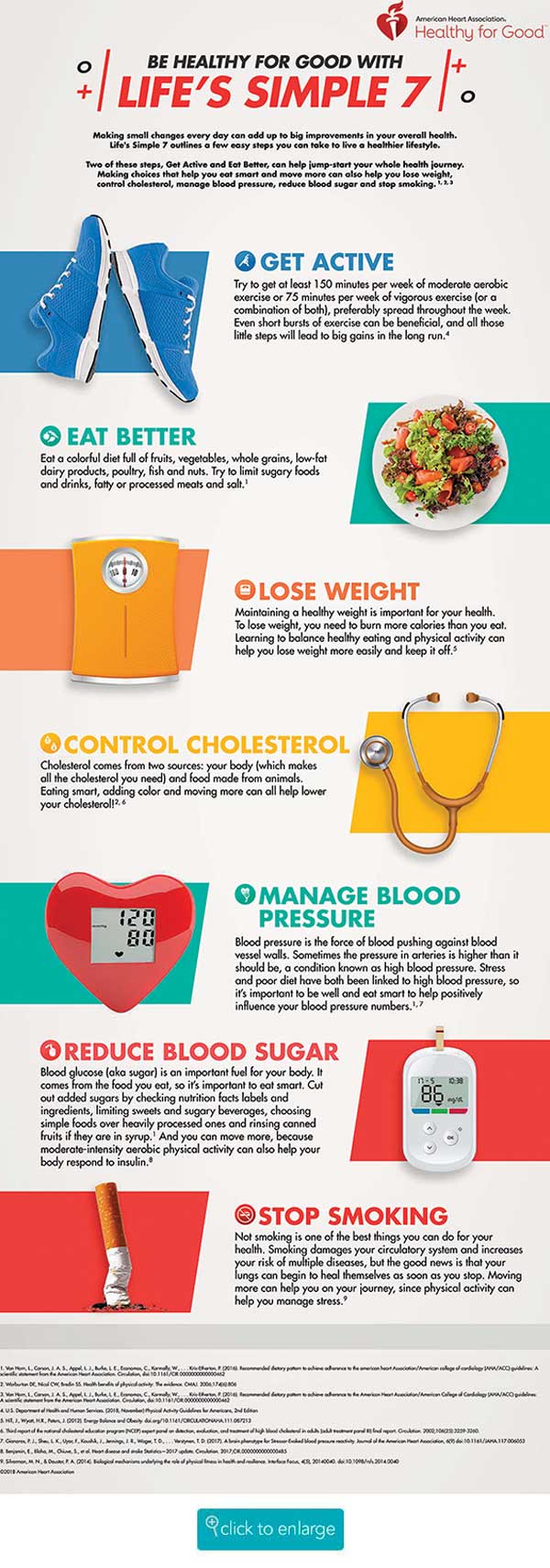 |
| pixabay.com/users/stocksnap |
As of July 16, 2022, people have only to press three digits, 988, to reach the U.S. National Suicide Prevention Lifeline when they need help during a mental health crisis.
Mental health issues such as anxiety and depression were a leading cause of global health problems even before the spread of COVID-19; however, they’ve gotten worse. Since the first year of the COVID-19 pandemic, anxiety and depression rates worldwide have increased by an overwhelming 25%. In the U.S., 4 in 10 adults have reported symptoms of anxiety or depression during the pandemic, compared with 1 in 10 from January to June 2019.
Among the most affected are young adults and women. The surge in people struggling with mental illnesses has coincided with gaps in mental care services as well.
Research suggests that the pandemic has exacerbated the impacts of loneliness. Additionally, people’s fear of missing out, also known as FOMO, hasn’t decreased even since in-person social gatherings became less frequent. But small daily actions – such as a short walk, a break from social media, or even a catnap – can add up to have an impact on mental health. Separately, counseling, therapy, and medication prescribed by health care providers are effective treatments for those experiencing mental illness.
Read news coverage based on evidence, not tweets
The Conversation U.S. gathered four essential reads that explore some daily habits and practices that have been shown to improve mental health. These are food for thought, not guidelines or medical advice, but reading these articles could be the first step toward a healthier lifestyle.
1. A short break goes a long way
Reducing screen time can alleviate feelings of isolation, loneliness, and envy, which may arise from scrolling through social media, according to Jelena Kecmanovic, adjunct professor of psychology at Georgetown University.
“Several studies have shown that even a five-day or weeklong break from Facebook can lead to lower stress and higher life satisfaction,” she writes. “You can also cut back without going cold turkey: Using Facebook, Instagram, and Snapchat just 10 minutes a day for three weeks resulted in lower loneliness and depression.”
Take care of yourself so you can stay physically, mentally, and emotionally well.
2. Exercise is like medicine for the brain
Arash Javanbakht, associate professor of psychiatry at Wayne State University, shares the science behind the connection between exercise and mental well-being as well as his personal experience with the positive impacts of physical activity.
“Working out regularly really does change the brain biology, and it is not just ‘go walk and you will just feel better,’” he explains. “Regular exercise, especially cardio, does change the brain. Do not see it as all or none. It does not have to be a one-hour drive to and from the gym or biking trail for a one-hour workout vs. staying on the couch.
"I always say to my patients: ‘One more step is better than none, and three squats are better than no squats.’ When less motivated, or in the beginning, just be nice to yourself. Do as much as possible. Three minutes of dancing with your favorite music still counts.”
3. Think therapy is navel-gazing? Think again
People in need of therapy and counseling have long suffered from the social stigma around mental illnesses, but these services are vital to protecting and improving our health.
“Decades of research show psychotherapy is effective for alleviating the most common forms of psychological suffering, such as anxiety and depression. But wellness is about more than reducing suffering,” writes Steven Sandage, professor of the psychology of religion and theology at the Boston University School of Theology. “Counseling informed by positive psychology can be effective in improving well-being and increasing such qualities as forgiveness, compassion, and gratitude.”
It’s OK to take the day to yourself then. Use your personal judgment and please listen to your mind and body. We All Need a Mental Health Day......
4. Doing ‘nothing’
Though it may not always feel plausible or even comfortable, slowing down and allowing yourself a dedicated moment of rest can do wonders for mental well-being, especially when speed and efficiency seem to have become integral to our lives.
“In this 24/7, ‘always on’ age, the prospect of doing nothing might sound unrealistic and unreasonable. But it’s never been more important,” writes Simon Gottschalk, a professor of sociology at the University of Nevada, Las Vegas.
“To equate ‘doing nothing’ with nonproductivity betrays a shortsighted understanding of productivity,” he explains. “In fact, psychological research suggests that doing nothing is essential for creativity and innovation, and a person’s seeming inactivity might actually cultivate new insights, inventions or melodies.”


